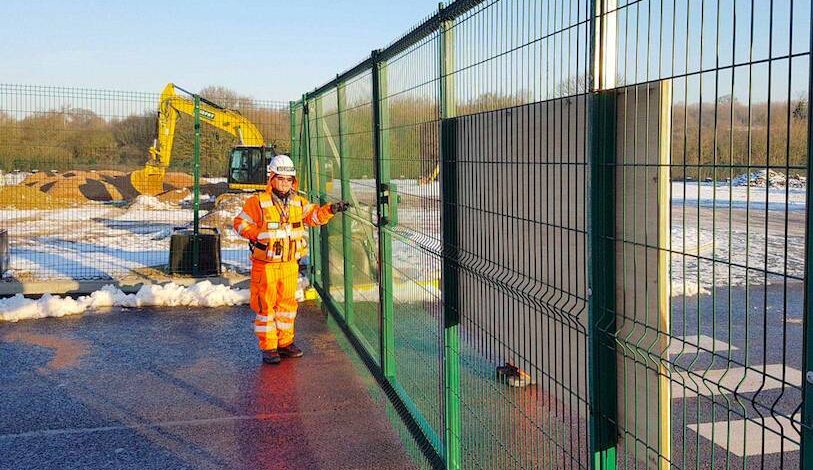 The terrorist threat continues to evolve and the UK now faces a new wave of smaller attacks as home-grown terrorists look to wreak havoc on our shores. That is the view of David Anderson QC, the independent reviewer of terrorism laws.
The terrorist threat continues to evolve and the UK now faces a new wave of smaller attacks as home-grown terrorists look to wreak havoc on our shores. That is the view of David Anderson QC, the independent reviewer of terrorism laws.
He recently published his annual review into the operation of the Terrorism Act. In his report he warned of the dangers of British extremists going abroad for terror training and posing a huge threat to the UK upon their return.
This was evident in the jailing of would-be suicide bombers from Birmingham earlier this year. Several members of the gang had travelled to Pakistan to receive terror training and they plotted to target prominent landmarks within the Second City with bomb and gun attacks to cause mass casualties and panic.
Anderson cited a rise in “self-organised extremist groups” since 2010. He added that, while the threat from al-Qaida to direct an attack in similar scale or complexity to 9/11 has decreased, the group is still capable of providing motivation and training to smaller groups intent on carrying out attacks in the UK.

He added that, while large spectacular terrorist plots are now much rarer, Britain faces a new challenge from smaller groups or “lone actors” who are more likely to be inspired online or from extremist material. These attacks tend to be less sophisticated and on a smaller-scale, but they pose a huge threat to the UK as they can be more difficult to detect and unpredictable in nature.
The killing of Fusilier Lee Rigby in Woolwich – Michael Adebolajo and Michael Adebowale are accused of slaying the soldier in May – was a prime example of the threat of such small-scale attacks within UK cities and the toxic effect they can have on a nation. Indeed, in the wake of the Rigby murder there has been a surge in attacks on mosques across Britain.
“In 2012 alone, al-Qaida related plots were thwarted which might have succeeded in blowing up an aircraft in flight, and in killing and maiming hundreds of people in an English city,” he said.
“Simpler attacks, involving fewer people and less planning, are also becoming more common.
“Even the smaller-scale home-grown incidents that now seem more prevalent have the capacity to spread bigotry and hatred and to poison community relations in a way that a gangland killing or a domestic feud cannot.”



























